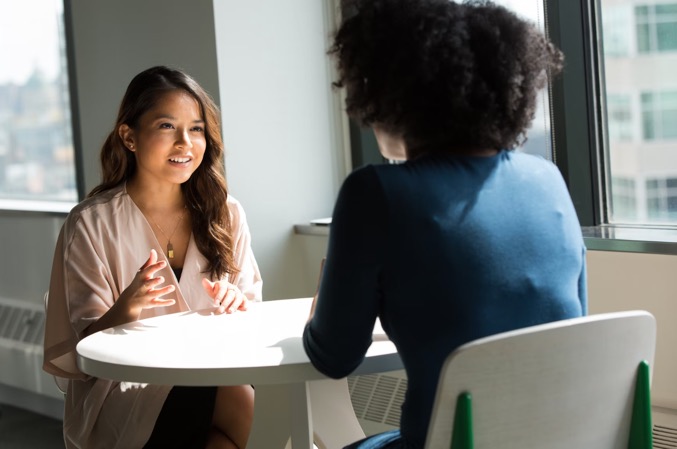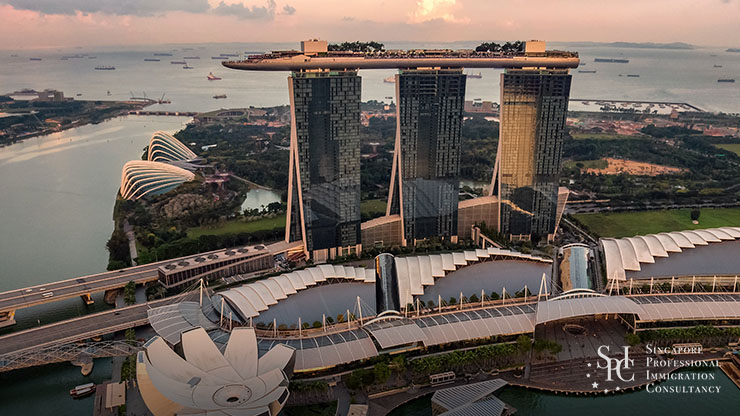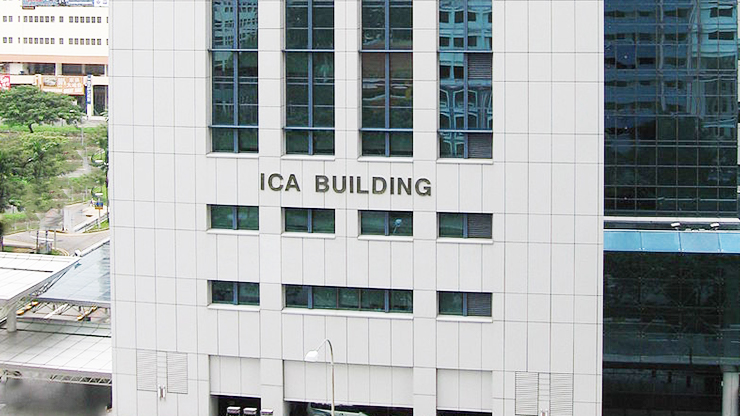Despite the challenges faced by the Singaporean economy during the pandemic, the property market in Singapore has remained strong. This is largely due to the limited construction of new property in Singapore while a high demand remains.
In the last part of 2020, there was an increase of 1.67% (after inflation) that will likely continue to rise steadily. Judging by current trends related to property in Singapore, it is a relatively safe place for a property investment in Asia. Returns will not be as high as they might be elsewhere in a more volatile market, but some return is guaranteed in a stable market, as can be found in Singapore. All residential property sales are subject to regulations laid down in the Residential Property Act.
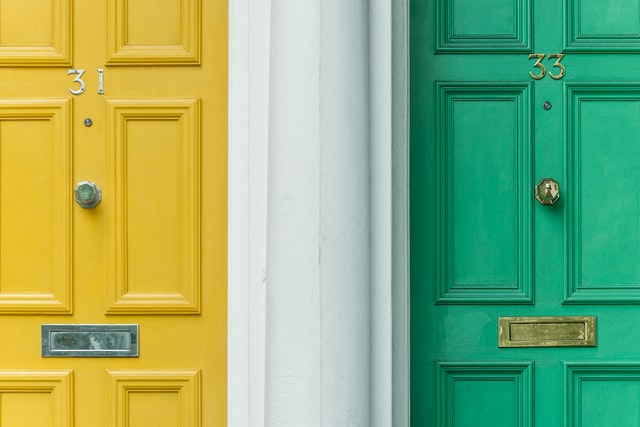
Residential Property and Foreigners in Singapore
When we talk about foreigners in the realm of Singaporean real-estate, what we mean is anyone who is a Singaporean citizen, a Singapore society, a Singapore limited liability partnership, or a Singapore company.
In the case of Singapore Permanent Residents, they are still considered foreigners, but the Additional Buyers Stamp Duty rate that they pay differs from foreigners who do not have permanent residency.
Restricted Property in Singapore
The Singapore Land Authority restrict the purchase of landed housing, and should you wish to purchase landed residential property, you will need prior permission from the Singapore Land Authority to do so as a foreigner.
Here is a more comprehensive list of restricted private property:
- Terraced homes
- Vacant land for residential property
- Association premises
- Semi-detached houses
- Places of Worship
- Bungalows or detached landed property
- Serviced property like dormitories, boarding houses/apartments (that are not registered under the Hotels Act)
- Strata landed house outside of an approved condominium project
Property in Singapore that is not Restricted
Here follows a comprehensive list of properties that are not restricted from purchase by foreign companies and non-Singaporean citizens.
- Strata landed houses in an approved condominium development
- Condominium unit
- Flat
- Hotel types properties that are registered under the Hotels Act
- Executive condominium, HBD flat, and HDB shophouses (if eligibility conditions are met)
- Industrial and commercial properties
- Shophouses intended for commercial use
- A leasehold estate in a landed property for no more than seven years (including renewals and extensions)
Notable Exceptions
Landed houses in Sentosa Cove can be bought and owned by PRs and foreigners. This is in opposition to landed housing in mainland Singapore which cannot be bought and owned by foreigners without special permission from the Singapore Land Authority and the Land Dealings Approval Unit. That being said, Sentosa Cove homes are leasehold and are extremely expensive, even Sentosa Cove private condos, as the area is considered a “rich” area.
What Property Types do PRs buy in Singapore?
The property types that PRs usually go for in Singapore are private condominiums, executive condominiums, and HDB flats when are talking about residential properties. Only private condos are considered private property, which means that ECs and HDBs are considered government property, which results in additional conditions that need to be met to facilitate purchase and resale.
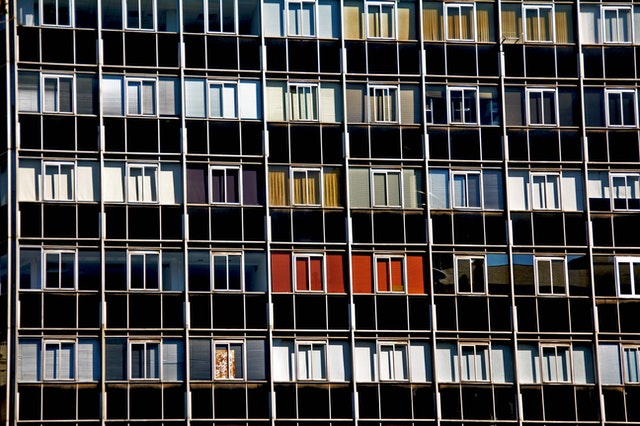
Singapore PRs and buying an HDB flat
A Singapore PR cannot purchase a Build-To-Order HDB property from the Housing and Development Board; only a Singapore citizen can purchase such property. If a PR has a spouse who is a Singapore citizen, then such a purchase can be made through the Non-Citizen Spouse Scheme or via the Public Scheme of the Housing Board.
There are still two further requirements that must be met by a PR in order to qualify for such a purchase. Firstly you must be 21-years or older, and you have been a PR for a minimum of three years by the time you intend to make the purchase. In some cases, when an exceptional economic contribution has been made to Singapore, some exceptions can be made.
There is a Minimum Occupation Period of five years within which you are not permitted to sell a BTO flat or lease it out. Furthermore, neither you nor your spouse can own private property elsewhere at the time of purchase. If you already own property elsewhere, you are required to sell it no later than six months after buying a resale HDB flat.
Resale flats that are purchased straight from homeowners do not require a PR to marry a citizen before purchasing. HDB resale is permitted through a simplified version of the Non-citizen Spouse Scheme or Public Scheme. This allows for anyone with at least three years as a PR to purchase a resale HDB flat. The final limitations to purchasing an HDB resale flat are the Singapore Permanent Resident quota and the Ethnic Integration Policy quota.
In cases where you are applying for the HDB resale flat along with a Malaysian PR or a Singapore citizen, you only need to worry about the Ethnic Integration Policy. But if none of the buyers are Malaysian Permanent Residents, then both quotas will apply.
To ensure compliance with the EIP, you will need to belong to the same ethnic group or race as the person who is selling the flat. Quotas are updated on the first day of every month. Quotas can be checked on the HDB e-Service. Foreigners will not qualify for an HDB loan.
Singapore PRs and Buying an EC
If the Executive Condominium you want to buy is off-plan, then the requirements are similar to those for a BTO flat, including the need to marry a Singapore Citizen.
For a resale EC, the conditions are not so strict. With resale HDB flats, a family is required, but individuals can purchase an executive condominium unit on their own if it is resale.
ECs are sold by private property developers in Singapore, and the amenities are similar to what you can find in private condos, such as gated security or a gym. Upon first-time sale, a Minimum Occupation Period of five years needs to be fulfilled before resale is allowed.
Interestingly, an executive condo becomes a private condominium after 10-years. This means that private condos/resale ECs are essentially the same after a decade.

Can a Singapore PR Buy a Private Condo?
Yes, as long as a PR can afford a new or off-plan private condominium, they can purchase one without problems. The process is much more lenient than that of Executive Condominiums and HDB flats.
The vast majority of Singaporeans live in HDB flats, so private condominiums are considered to be quite the status symbol. You will also be allowed to lease out private condos for the minimum six-month term (or for HDB flats – three months).
Can a Singapore PR Buy Landed Properties?
A PR can only buy landed properties with special permission from the Singapore Land Authority. Vacant land for the purpose of residential property is also restricted. Buying property in Singapore is difficult for individuals who do not have citizenship, and when foreigners buy property, the costs involved are usually quite high. Even when they buy resale HDB flats, the cost will be quite high. Under certain circumstances, Singapore citizens can also buy properties through CPF housing grants, which foreigners do not qualify for.
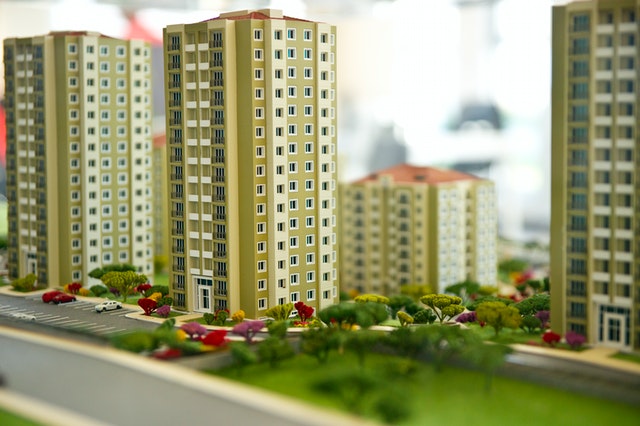
Further Consideration for PRs who want to Purchase Property in Singapore
Before becoming part of Singapore’s property market, you will need to be aware of other financial matters. Specifically the following kinds of levies.
Buyer’s Stamp Duty
Regardless of who you are, if you want to buy property in Singapore, then you will need to pay a Buyer’s Stamp Duty for sale and purchase documents. This cost is calculated against the purchase price or the market value of the property (whichever is higher). Any discounts on the purchase price are accounted for in the BSD as long as the net price still shows on the market value. Remember, the buyer pays the BSD.
Fees for Buyer’s Stamp Duty
- Properties over SGD 360,000 have a BSD of 3%
- Properties between SGD 180,000 and SGD 360,000 have a BSD of 2%
- Properties below SGD 180,000 have a BSD of 1%

Additional Buyer’s Stamp Duty
The Additional Buyer’s Stamp Duty came into effect in response to the rising demand for property investment by local and foreign buyers. It also ensures that homes are more affordable for locals.
Several further steps have been taken to control property prices in a sustainable way since 2018, and there is a difference here between what is paid by foreigners and what is paid by PRs.
Fees for Additional Buyer’s Stamp Duty
- Permanent Residents purchasing a second or even subsequent property will pay 10%.
- Permanent Residents who are purchasing their first property will pay 5%.
- Foreigners pay 16%.
Free Trade Agreement Concessions
Iceland, Norway, Liechtenstein, Switzerland, and the United States have two free trade agreements with Singapore, which allows citizens from these nations to skip ABSD on their first property purchase.

Steps for Purchasing Property
Step 1:
A purchase price needs to be secured with the seller. If need be, a bank loan or mortgage must be secured to cover the cost.
Step 2:
You must then secure the Option to Purchase.
The buyer pays a 1% deposit on the overall purchase price in order to secure private properties for two weeks. It is best to get a lawyer to draft this agreement as the terms will become the terms of the deed.
Step 3:
The remaining 9% of the deposit needs to be paid so that intention to purchase can be confirmed. There will be an agreed-upon timeline for this and the Option Fee in the Option to Purchase agreement.
Step 4:
The option is formulated by the lawyer, and the confirmation of property ownership is also done by the lawyer so that a legal sale can take place.
Step 5:
The conveyance documents are then prepared by the lawyer to transfer the title of the property.
Step 6:
The lawyer will secure signatures from the buyer and seller on the conveyance documents and will ensure the sale of property is registered accordingly.
Step 7:
Sale of property is complete.
Conveyancing (legal) Fees
The 0.3% conveyancing fee is subject to a minimum of SGD 1,800. Furthermore, your real estate agent, should you wish to use one, will require a fee of 1%.
The seller covers the Seller Stamp Duty (ranging between 4% – 16%), the 0.15% conveyancing fee, and a real estate agent fee of 2%.
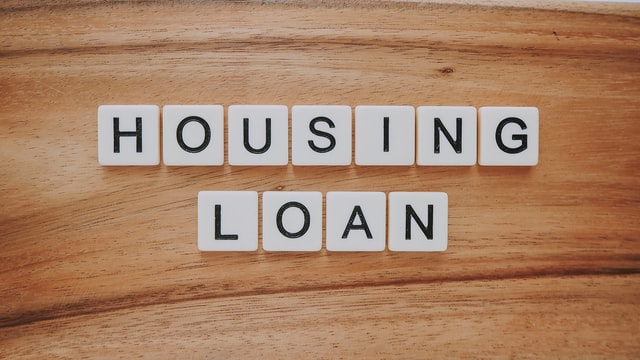
Bank Loan-To-Value Limitations for Foreigners
This will determine the maximum amount that an individual can lend from a financial institution for the purpose of a home loan. It reflects a percentage of the property’s market value. For loans on residential properties, the limitations are:
- Outstanding Housing Loans – 75% or 55%
- LTV Limit – 5% for LTV of 75%, 10% for LTV of 55%
The lower LTV limit applies when the loan tenure is more than 30-years. Or the buyer’s age is 65-years or more which means the loan period would extend beyond their age.
Questions that Singapore Permanent Resident (SPR) Should be Aware of
What is the difference between public housing and private property?
Public housing is usually provided by the state; in the case of Singapore, public housing would constitute HDB properties and other housing provided by the government.
Does it matter that this my second property purchase?
Yes, your first residential property will have lower additional costs than any other private property.
Taxes!
Any and all property purchases must be declared to the Inland Revenue Authority.
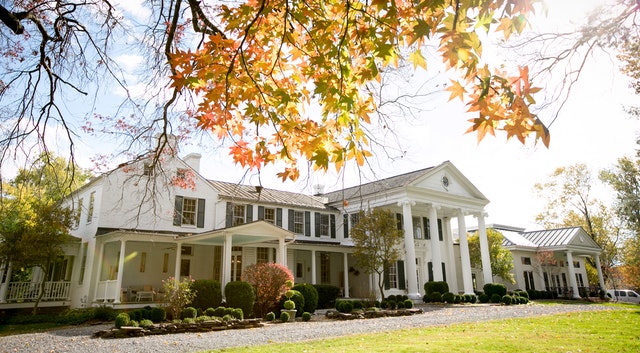
 APPLY FOR SINGAPORE PR 2023/2024
APPLY FOR SINGAPORE PR 2023/2024 